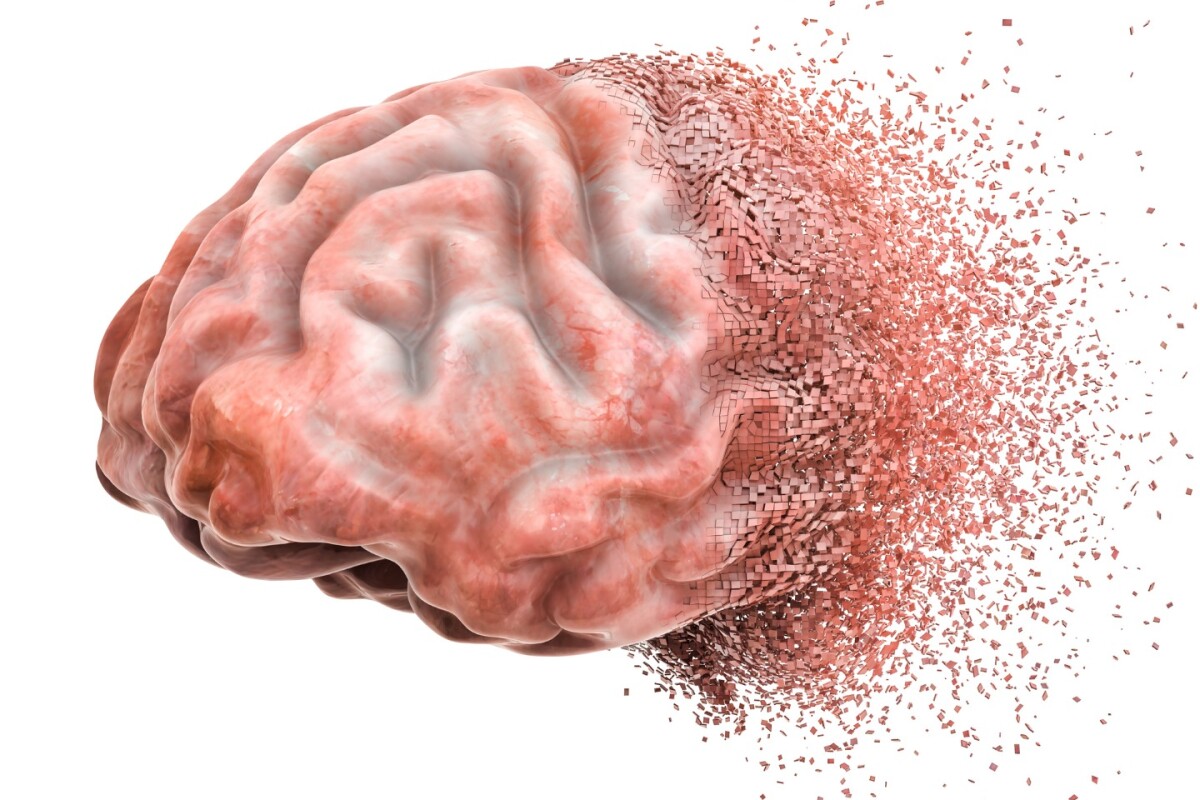Researchers at UT Southwestern are continuing their remarkable discoveries into the neurological origins of dementia, revealing a new strategy that could potentially forecast what form of dementia a person may develop long before any symptoms of cognitive decline appear by studying a single molecule in the brain.
Earlier this year, a groundbreaking study, led by scientists at UT Southwestern, discovered the earliest point in a neurodegenerative process that is thought to lead to dementia. Described as akin to uncovering the "Big Bang" of Alzheimer's disease the research homed in on the very earliest point that toxic proteins in the brain display signs of the aggregation that is thought to ultimately result in the degenerative symptoms associated with dementia.
Now, the research has led to a new discovery, revealing how a single tau protein molecule contains specific structural shapes that determine what larger toxic assemblies it will ultimately form. This discovery follows on from a 2016 study that effectively correlated several large tau assembly structures with different types of dementias and symptoms.
The exciting new study began by isolating several single tau molecules, from human brains and cultured cells. In mouse models the researchers revealed that different structures within the specific tau molecules did indeed result in distinct patterns of larger toxic assemblies.

What all this means is that not only may it be possible to diagnose dementia before it damages the brain, but doctors may even be able to identify what kind of dementia a person will ultimately suffer.
At this point the research is still resolutely hypothetical but the team is actively working on ways to translate this discovery into a specific clinical test. The goal would be to develop a simple diagnostic test, either using a blood or spinal fluid sample, that can detect these single tau molecules and identify what pathological form it may ultimately assemble.
"It's probably too late once the effects of neurodegeneration are manifest," explains Marc Diamond, Director of UT Southwestern's Center for Alzheimer's and Neurodegenerative Diseases. "We need to be able to diagnose the process early and know the specific type of neurodegeneration that is occurring, because that is the best chance we have to intervene with a personalized treatment. This is very analogous to how we currently use tumor genotyping to best diagnose and treat cancer."
This new breakthrough came as part of a recent funding injection from the Chan Zuckerberg Initiative, a philanthropic organization founded by Priscilla Chan and Mark Zuckerberg, awarding over US$51 million to a variety of scientific groups working to better understand the causes of neurodegenerative disorders.
The new research was published in the journal eLife.
Source: UT Southwestern





